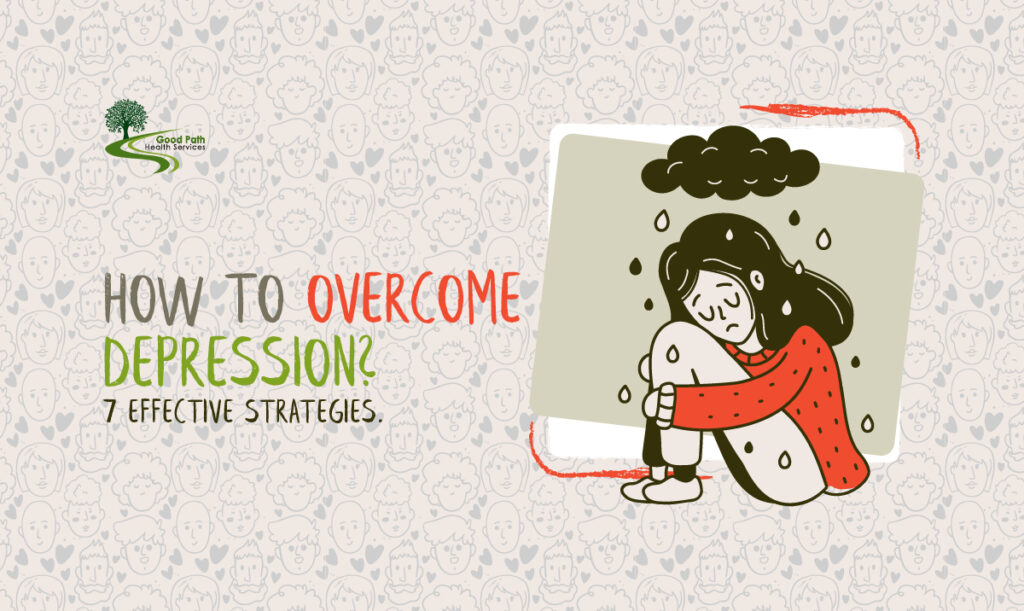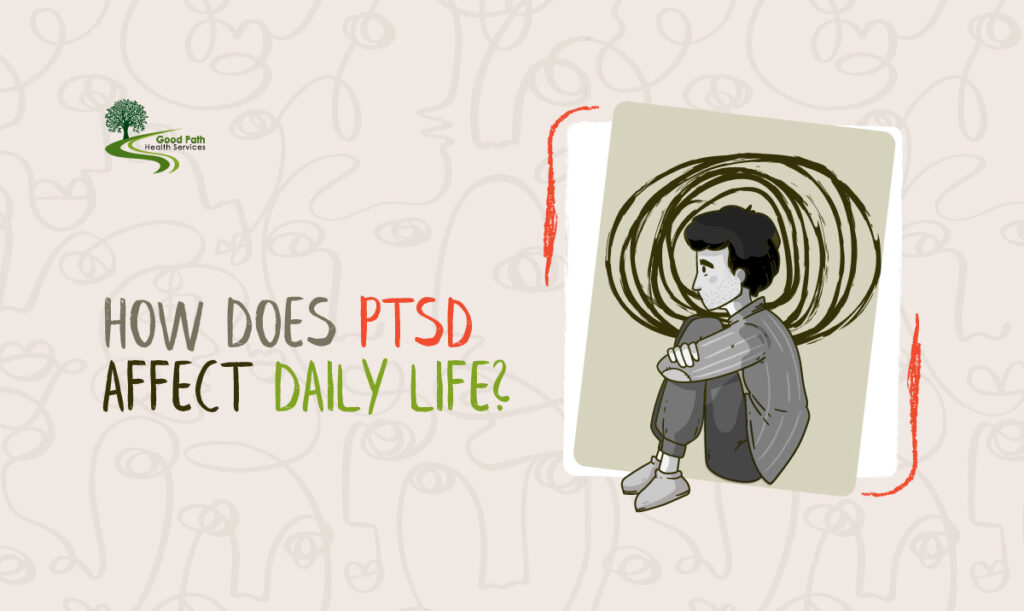
The close connection between the mind and body often leaves people wondering how emotional health affects physical wellness.
This connection is especially important when it comes to anxiety’s effects on blood pressure.
An important question that arises in this area is: Does anxiety cause high blood pressure?
In the following post, we’ll look at the link between anxiety and high blood pressure.
We’ll also examine symptoms and causes, and discuss treatments, daily tips, and ways to stay healthy.
Introduction
Psychological stress and anxiety have traditionally been debated for their roles in affecting physiological conditions, including heart health.
People who are living with anxiety or experiencing high blood pressure episodes, should understand what these connections mean.
Good health management begins with a thorough health assessment.
An Overview of Anxiety and High Blood Pressure
Anxiety is a natural response to stress or danger — it shows up as a sense of worry, nervousness, or apprehension about an event with an uncertain outcome.
High blood pressure, or hypertension, is when the force exerted by the blood against artery walls is high enough to cause health problems.
When one considers the fast pace of modern life combined with the stresses of modern society, it makes sense that they appear high on lists of health priorities.
But, how do these two seemingly different conditions intersect?
Symptoms of Anxiety and High Blood Pressure
Anxiety manifests in many ways, for instance:
- Ongoing worrying or obsession about small or large concerns.
- Restlessness and irritability.
- Inability to concentrate.
- Muscle tension.
The symptoms of high blood pressure can be less specific and can go unnoticed for a long time if they are overlooked.
However, some people might experience:
- Headaches.
- Shortness of breath.
- Nosebleeds.
Does Anxiety Cause High Blood Pressure? – Understanding the Link
Does anxiety cause high blood pressure? Yes, it can.
The spikes in blood pressure during episodes of anxiety are due to the body’s ‘fight or flight’ response.
This releases a surge of adrenaline that temporarily increases blood pressure by causing the heart to beat faster and blood vessels to narrow.
Even so, the lingering question is: does chronic anxiety cause sustained and long-term high blood pressure?
Chronic and endless anxiety can cause hypertension when it results in unhealthy habits like poor diet, lack of exercise and movement, or substance use.
Additionally, ongoing stress causes high cortisol levels.
Cortisol is a stress hormone that can keep your body in a consistent state of alertness and cause long-term increases in blood pressure.
Managing Anxiety and High Blood Pressure
Management and treatment of both conditions involve:
- Medication management – medications like benzodiazepines or SSRIs.
- Blood pressure medications like beta-blockers or ACE inhibitors.
Non-pharmacological approaches can also be effective:
- Psychotherapy (cognitive-behavioral therapy).
- Lifestyle changes like consuming a healthy diet, nutrition adjustments, regular exercise, and getting plenty of sleep.
Some Tips When It Comes to Making Healthy Lifestyle Adjustments
Managing your stress is essential to reducing anxiety and, by extension, blood pressure.
You can consider:
- Deep breathing exercises.
- Mindfulness and meditation.
- Exercise on a regular basis.
- Yoga.
Create habits that help you live a balanced life:
- Maintain a healthy diet.
- Consistently get quality sleep – don’t compromise it.
- Get involved in social activities.
Prevention Methods
Preventing anxiety and high blood pressure can involve:
- Addressing stressors and recognizing them.
- Implementing relaxation strategies early on.
- Having regular health screenings.
Make sure you deal with mental health concerns as early as possible and check your blood pressure regularly in case these issues escalate.
Effects of Medication on Blood Pressure
The use of medications prescribed for anxiety, like benzodiazepines, can sometimes affect blood pressure levels.
Some patients experience lower blood pressure when they manage their anxiety with these drugs, although the relationship differs from patient to patient.
Summary
Anxiety can cause temporary spikes in blood pressure.
The correlation between anxiety and high blood pressure shows the close connection between mental and physical health.
People with either condition need to take the initiative in taking care of themselves.
Consult with a health professional — look into both pharmaceutical and lifestyle-based solutions, and set up a regular health monitoring routine.
For those who are struggling with anxiety or worrying about hypertension, there are resources available to help.
Take action today, and explore holistic options for better wellbeing and health.
Reach out and speak to a professional at Good Path Health Services.
To learn more about us, please visit our FAQs page.
FAQs
How do anti-anxiety agents work?
Anti-anxiety agents work by enhancing the effect of the neurotransmitter GABA in the brain.
What are anxiety therapy goals?
Therapy goals for anxiety include:
- Understanding anxiety triggers.
- Learning coping mechanisms.
- Developing a healthier perspective towards stressors.
Is anxiety neurodivergent?
No, anxiety disorders are not classified as neurodivergent.
Intuition vs anxiety: how do I distinguish?
Intuition is usually a calm, inner knowing, but anxiety involves a flurry of worry, fear, or unease.
What is induced anxiety?
Induced anxiety happens because of different stressors or triggers like public speaking, heights, or major life changes.
What are the worst jobs for people with anxiety?
Jobs that are high-stress, deadline-driven, involve public speaking or controversy, or are unpredictable can be difficult.
Can you take Xanax with high blood pressure medication?
It’s important to consult your healthcare provider before combining Xanax with blood pressure medications to avoid interactions.
What anxiety medication can you take with Suboxone?
Suboxone can be taken along with SSRIs and other non-benzodiazepine medications with a doctor’s guidance.
What can I do if I’m scared to take anxiety medication?
Talk to your healthcare provider about your fears. You can get information about the benefits and possible side effects from them.
What is an antidote to anxiety?
There’s no single solution to anxiety, but the best options include:
- Psychotherapy (like CBT).
- Medications.
- Lifestyle changes like regular exercise, a healthy diet, and stress management strategies.
Can high blood pressure cause seizures?
In severe cases, high blood pressure or hypertensive crisis causes complications, including seizures.
Celtic salt for high blood pressure – does it work?
Celtic sea salt contains a variety of trace minerals.
Although it’s mostly sodium chloride, high sodium consumption can cause high blood pressure.
So, it’s important to consume Celtic salt moderately.



